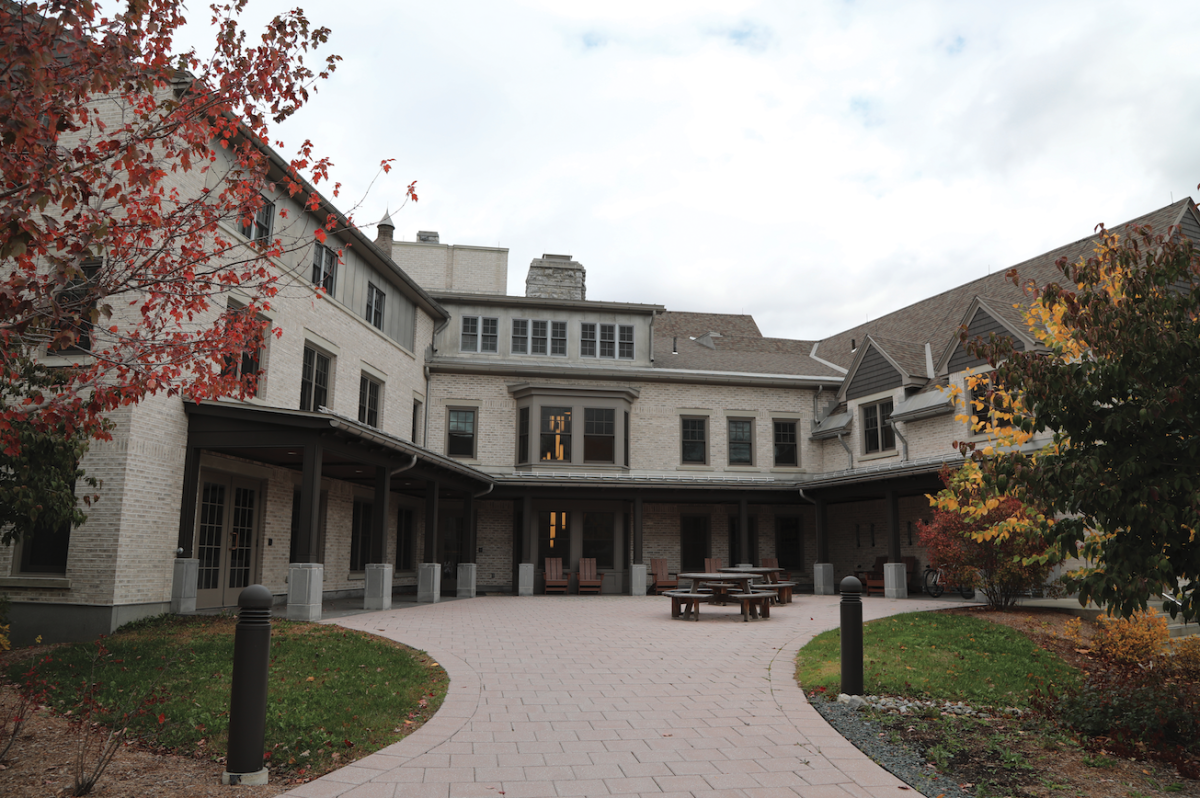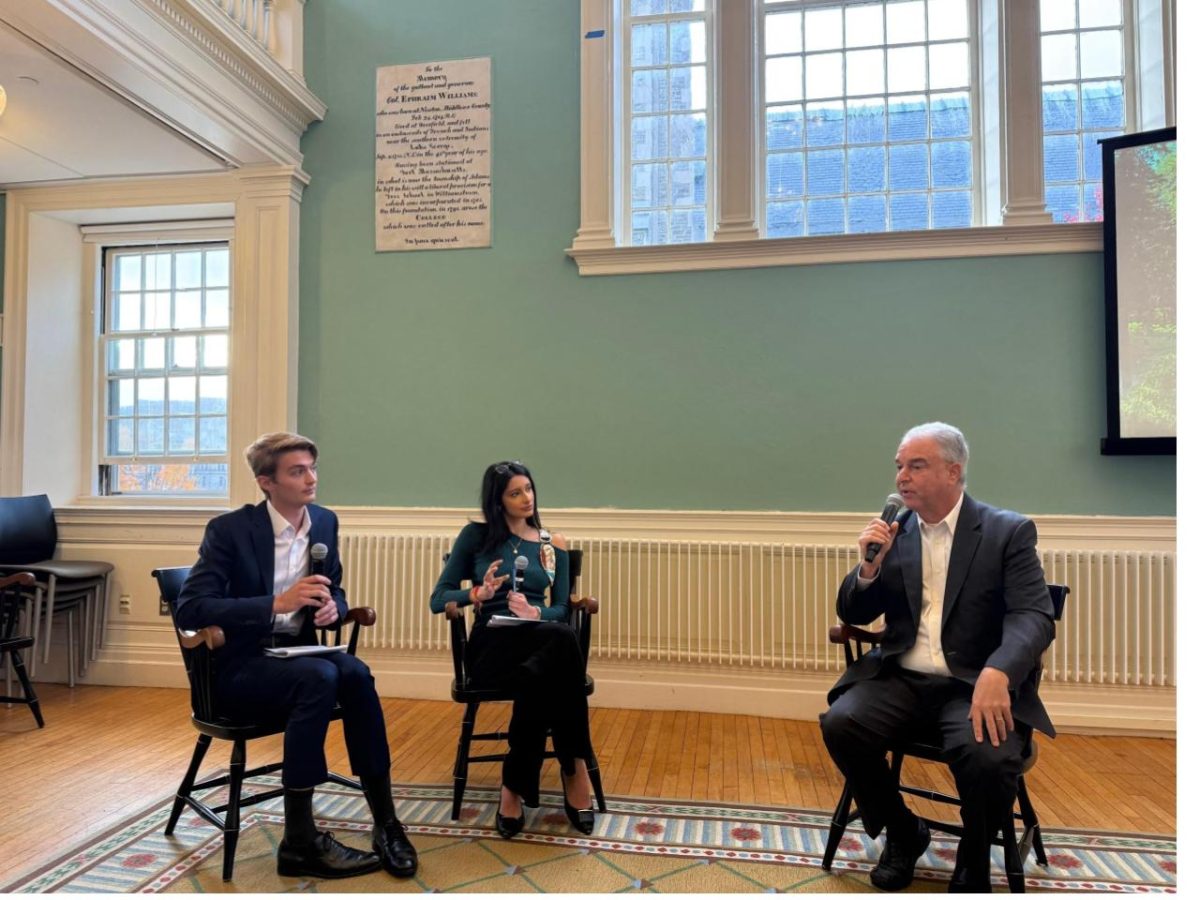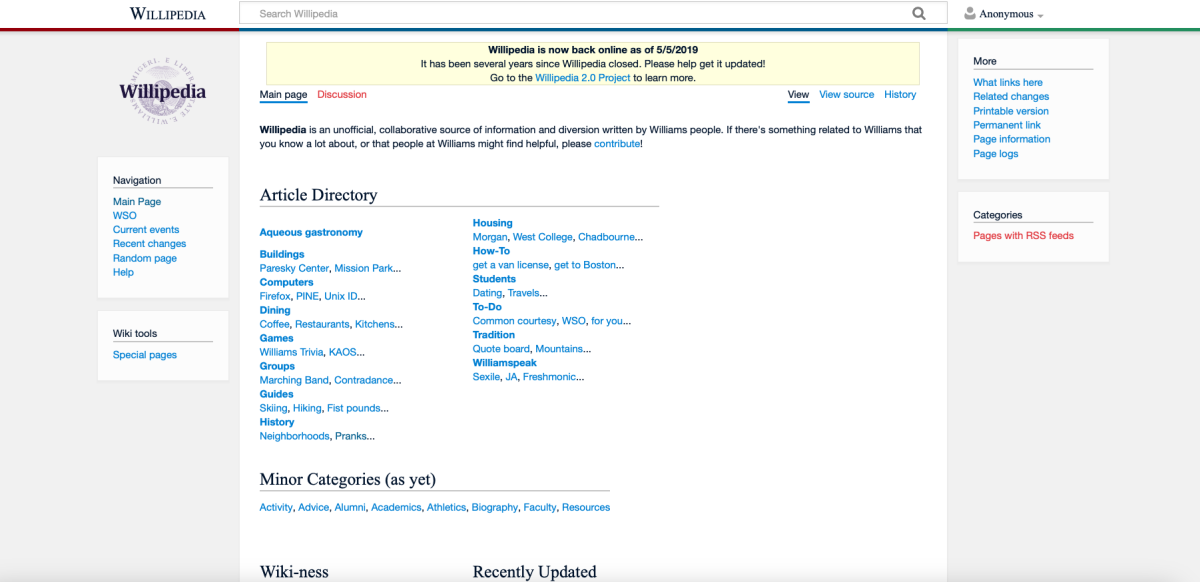In a faculty meeting conducted over Zoom last Wednesday, President of the College Maud S. Mandel announced the creation of an ad hoc committee tasked with planning alternative options if in-person classes cannot resume in September due to the pandemic. She tasked another committee with planning for next semester based on the assumption that students will return, in order to create a potential plan that will ensure the safety of students and faculty living on campus.
At the Wednesday meeting, Mandel told the faculty that the College intends on deciding whether students will return to campus as late as possible. “We will pursue planning on both fronts into late June/early July, when we make a firm decision about which way to go given the current state of the health crisis,” Dean of the College Marlene Sandstrom wrote in an email to the Record. Mandel said that the College will follow state orders to remain closed if instructed and might make the decision to remain closed even if the state legislature eased restrictions.
Incoming Dean of the Faculty Safa Zaki was appointed to lead the group tasked with planning for a semester where campus does not open on schedule. “We have been thinking about ways in which we might adjust our timing, offerings and modes of instruction if we need to,” Zaki said. “We are not a decision-making body — we are just charged with coming up with creative possibilities.” The other group is engaged in a similar brainstorming process and will present ideas to the administration. Mandel advised faculty not to get bogged down in the logistics of certain options at the outset, and emphasized she was looking for broader solutions.
Mandel told the faculty that the reopening process for the College may look different than the processes of other institutions across the country. While almost all schools closed in March, the reopening of campuses will vary based on size, location and demographics, as well as various state policies, according to Mandel.
The nature of the crisis has also spurred the creation the ad hoc committee on financial planning, led by Provost Dukes Love, which is focusing on both adjusting to the immediate financial changes necessary for coming semesters and long-term uncertainties presented by the crisis.
“We are concentrating our initial efforts on salary growth, halting capital projects, slowing hiring of faculty and staff and sharply reducing spending across all departments and areas on campus,” Love said.
The various ad hoc committees are in different stages of planning and brainstorming, as each try to account for the uncertainties presented by the crisis. “We need to be able to respond to a range of possibilities and do so in ways that protect and support our most important priorities,” Love said.








